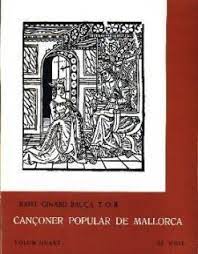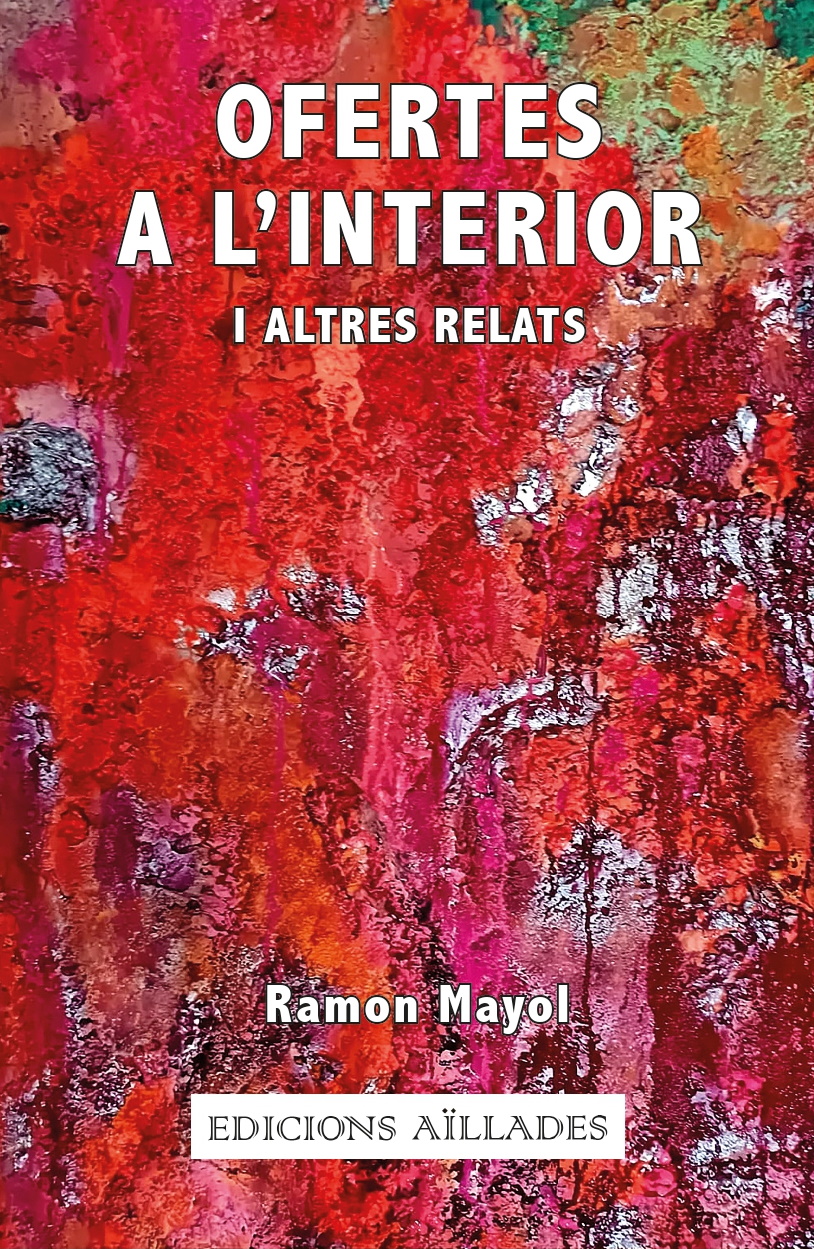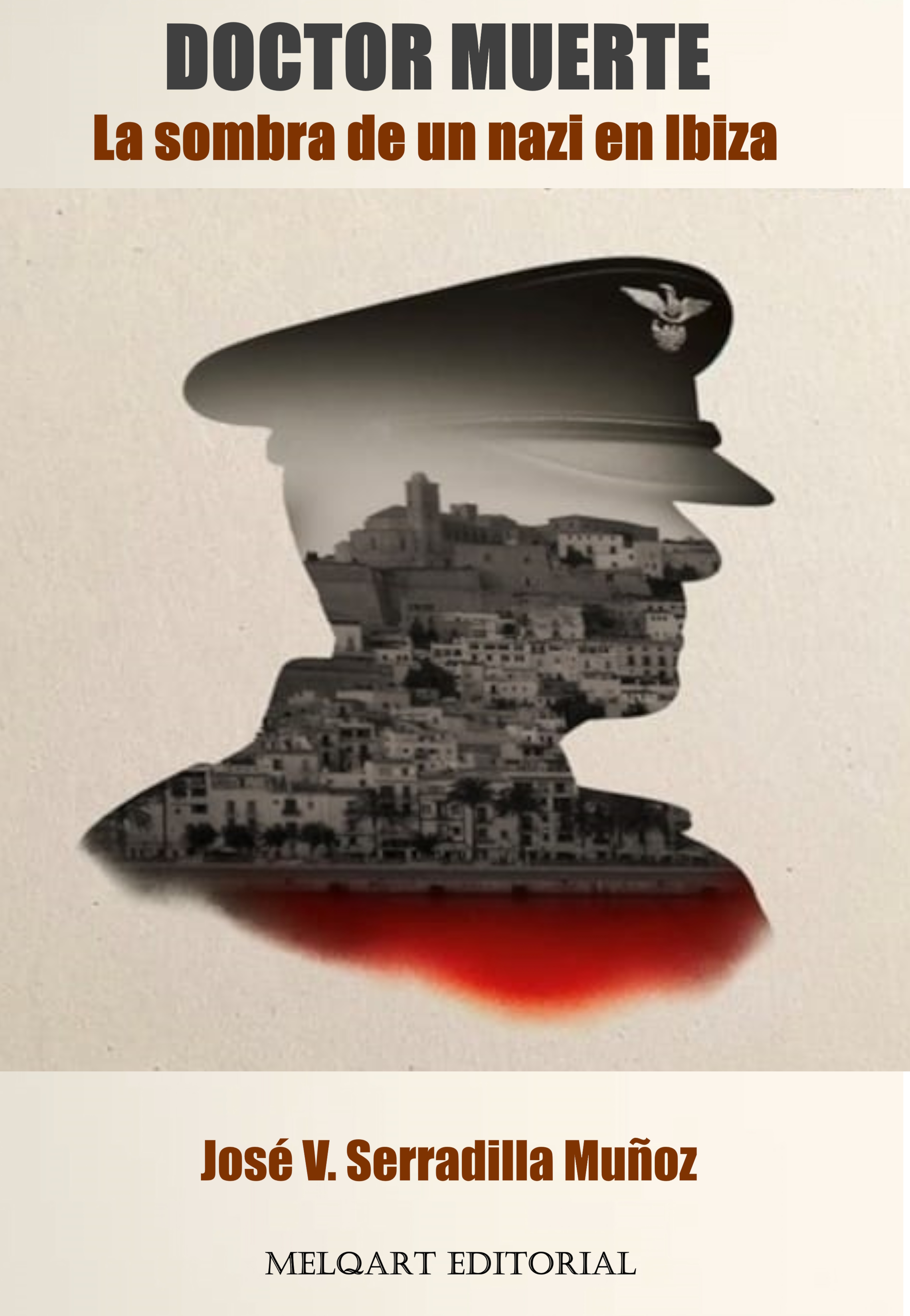RAFAEL GINARD AND THE POPULAR SONGWRITER OF MALLORCA
In the previous news we talked about the Mallorca Literary Foundation's initiative to create an online Songbook. This project, Nevertheless, it cannot be fully understood without knowing who Rafael Ginard was and his role in Majorcan popular culture. In this article, We will talk about the precursor of this online project and his very important work: the Popular Songwriter of Mallorca.
RAFAEL GINARD: LIFE AND IMPORTANCE
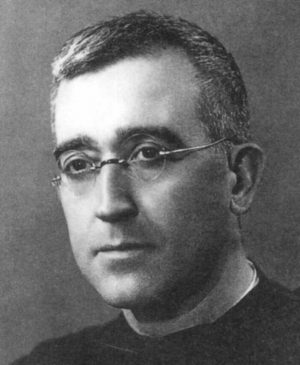
Rafael Ginard and Bauçà nation in Sant Joan de Sineu (Mallorca) en 1899 in the bosom of a peasant family. Thanks to his social stratum, he got to know first-hand the folklore and popular traditions of Mallorca. After entering the order of the Franciscans of Artà, was ordained a priest in 1924.
Parallel to his vocation and religious career, Ginard felt attracted by Ramon Llull, Monsignor Alcover and, above all, by the Majorcan popular songbook. In addition to priest, published numerous works, as Bouquet of sonnets (1930) or Artanenc sketches (1929). Nevertheless, His most well-known and relevant work was the Cançoner Popular de Mallorca, to which he devoted much of his life. This constitutes his greatest legacy to Mallorcan culture.
the Popular Songwriter of Mallorca
Collection, edition and publication of the Cançoner
Rafael Ginard dedicated decades of his life to the daunting task of compiling the compositions that would later form part of his Cançoner.
For it, Ginard took advantage of the "Friends of the Cançoner", a large group of collaborators from all corners of the island who provided the songs they were collecting locally in their territories. On the other hand, Ginard also had the help of the Institut d'Estudis Catalans, who supported him financially after granting him in 1955 the Josep Massot i Palmés Award.
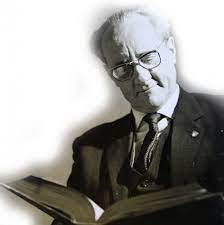
Francis de B. Moll, editor of the Songbook
Nevertheless, Ginard encountered a major difficulty after finishing the compilation of the Cançoner: find a publisher to publish it. Fortunately, and after failing in his attempt to get the municipalities of Mallorca to join the initiative, Ginard found support in the figure of Francesc de B. Moll. East, also known for his participation in the Catalan-Valencian-Balearic Dictionary, was involved in editing the work. On the other hand, thanks to the intervention of the Franciscan Order, the Juan March Foundation agreed to sponsor the project. This made it possible for the Cançoner to be finally published in four volumes..
Ginard published in 1960 in Editorial Moll the book El Cançoner Popular de Mallorca, an essay that functions as a prologue to the compilation work. The first volume of the Cançoner proper appears at the end of 1966, and the remaining three are published progressively over a decade. The publication of the Cançoner ended with the fourth volume, that saw the light in 1975.
Content of the Songbook
The Cançoner Popular de Mallorca is a very important work in Catalan literature and Mallorcan culture because it is the largest collection of oral literature ever produced in the Catalan language. It consists of more than twenty thousand different songs, with more than fifty thousand different versions.
Despite the length of the Cançoner, not all the songs of the island are collected, because the compilation is incomplete regarding the short songs. On the other hand, Ginard admitted that numerous songs of a clearly erotic nature had been removed.. This was mainly motivated by the fear that the work would be censored..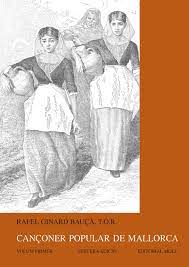
thematically, the Cançoner Popular de Mallorca is divided firstly into two large groups, the short songs (incomplete, as we have already mentioned) and the long songs. At the same time, these two groups are divided according to the theme of the compositions included. On the one hand, short songs are divided between loving, crib, field, of work, of children's games, of locality, of marriage, etc. The most abundant theme is, Undoubtedly, the loving. On the other hand, the long songs are structured in the sections of Codolades, Glosses and Romance.
By Maite Vallejo
ILLES.CAT
Online literary platform






